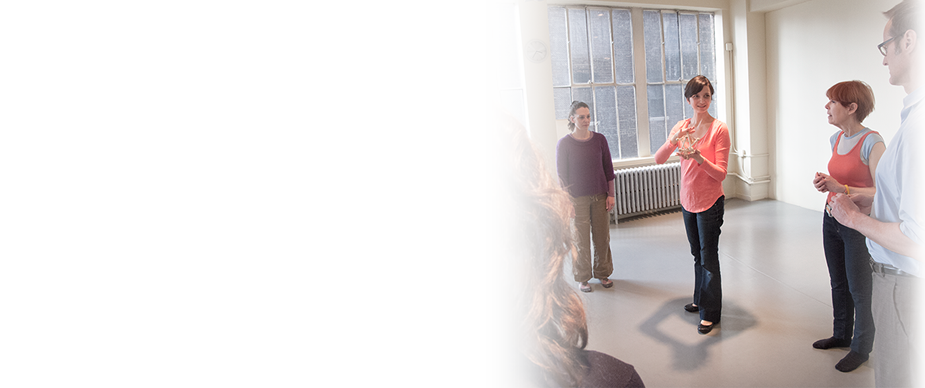Better Posture - The One Thing You Haven't Tried and It's All In Your Head!
/If you're struggling to change your posture and you've tried...
exercises
core strenthening
trying to holdy your chest up, tuck your chin, or tuck your pelvis
the list goes on...
nothng seems to stick...
Then what is the problem? Is poor posture simply genetic?
It's not and there's one key thing that you probably haven't tried or thought of and it's that the changes that make better posture stick start in your brain!
What do I mean by that? At the risk of losing your attention by using a funny word, I'm going to do it anyway!
You may not have tried working on your body schema...and the Alexander Technique (which is what I teach) is unique in that it addresses exactly this.
Body schema?
I will explain!
Body schema is part of your body awareness, but it's a very specific part of it that's very important.
It's s the representation of where your body is spatially in your mind. Your body "map" in your mind. (This is different from body image, which is your idea of how your body looks from the outside.)
Here are some common examples of how peoples' body schema's impact their posture and movement:
Did you know that most people move their heads as if they were a flat sheet of paper rather than what they actually are...more ball-shaped?
AND most people think that the back of their head ends around chin level and that's where they "hinge" their head from to look down...when ACTUALLY the joint where the head meets the neck is way up behind the nose and between the ears.
Both of these examples are connected to a body schema issue and it can lead to a lot of strain in the neck and upper back when looking forward, down, or when speaking.
People often perceive that their knees are higher than they actually are (internally, not when they look at them). This misconception can impact gait and posture when walking...and even lead to strain in the hips.
If you perceive your shoulders as little knobs on the side of your body (like what you see from the outside), you're probably having trouble stopping slouching. Getting clear about feeling where your shoulders are and how they move can actually free them up.
Your PERCEPTION of where your body parts are, how much space they take up, along with where you perceive your joints has a huge influence on how you position your body, how you move, and in some cases even your ability to stay composed and think clearly!
AND most peoples' body schemas are wrong. They're mismapped. It's like using your body based on a compass that isn't pointing north. And I'm not talking about how you see your body from the outside...it's how you visualize and sense your body from the inside.
Improve your body schema and...
You're ability to perceive how and what you're moving clearly will help you to naturally know if you're causing yourself strain...and to be able to adjust correctly in the moment (rather than over-correct or to correct the wrong thing, which is what people do when they're body schema isn't accurate.)
You'll be able to stay present and grounded in situations that might otherwise stress you out because instead of getting discombobulated, you'll be able to use simple spatial cues to help you stay composed.
It can be easy for people to either think that they are aware of their bodies already and assume that's not something they need to work on.
I used to be hyper aware of my body. I felt every little thing and didn't know how to interpret it, so I had awareness, but it didn't serve me. Once I started improving my body schema, I felt like I had command of my body.
Some people worry that they have no body awareness and therefore they can't be helped, but once they discover that they have an unconscious way that they've been perceiving their body from the inside, they can learn to change it. When they change it, they're posture and quality of movement improves.
It's hard to change something if you don't realize it exists. And people often spend a lot of time and money on therapies and exercise programs that may help, but they don't actually help people take command of their bodies in the day-to-day.
As an Alexander Technique teacher, I've been helping people improve their body schemas, and in turn their posture, for 17 years.
You CAN improve your posture and make it stick. You'll feel more relaxed, confident, and avoid things like back, neck, and shoulder pain at work and in other areas of life.
Want to learn more? Check out my individual sessions and group classes.


